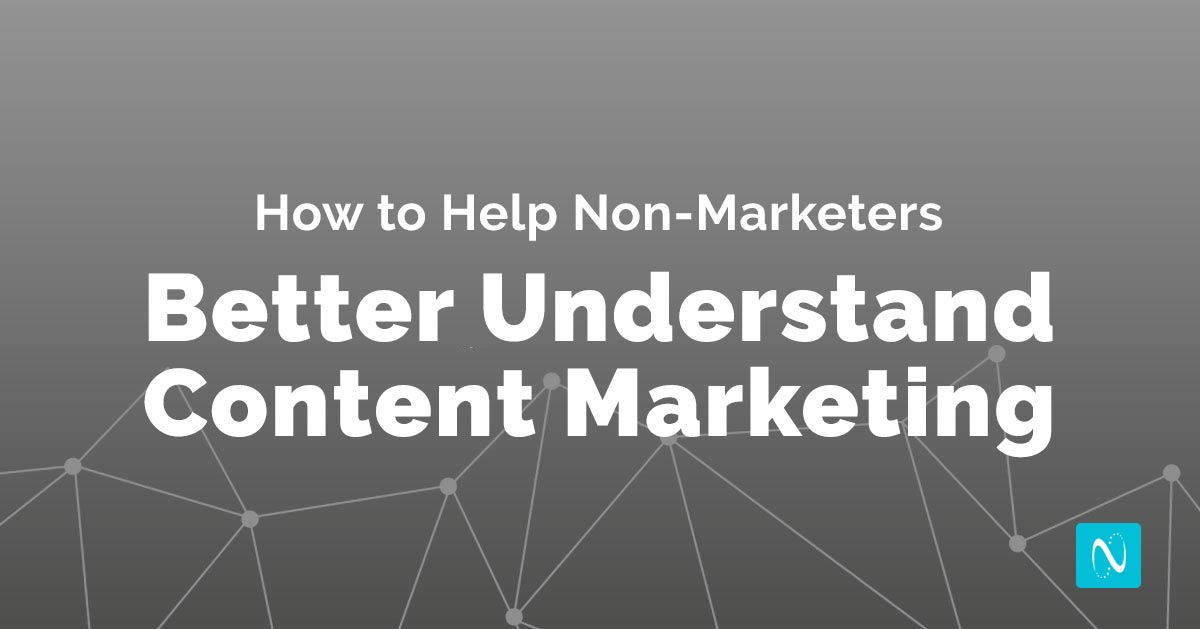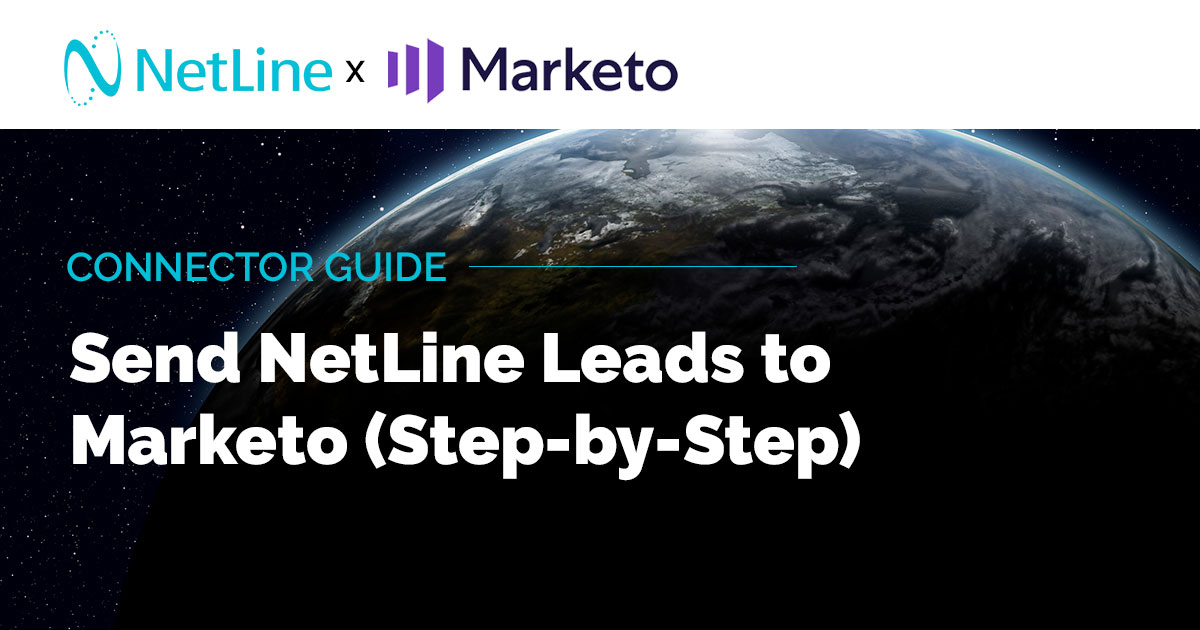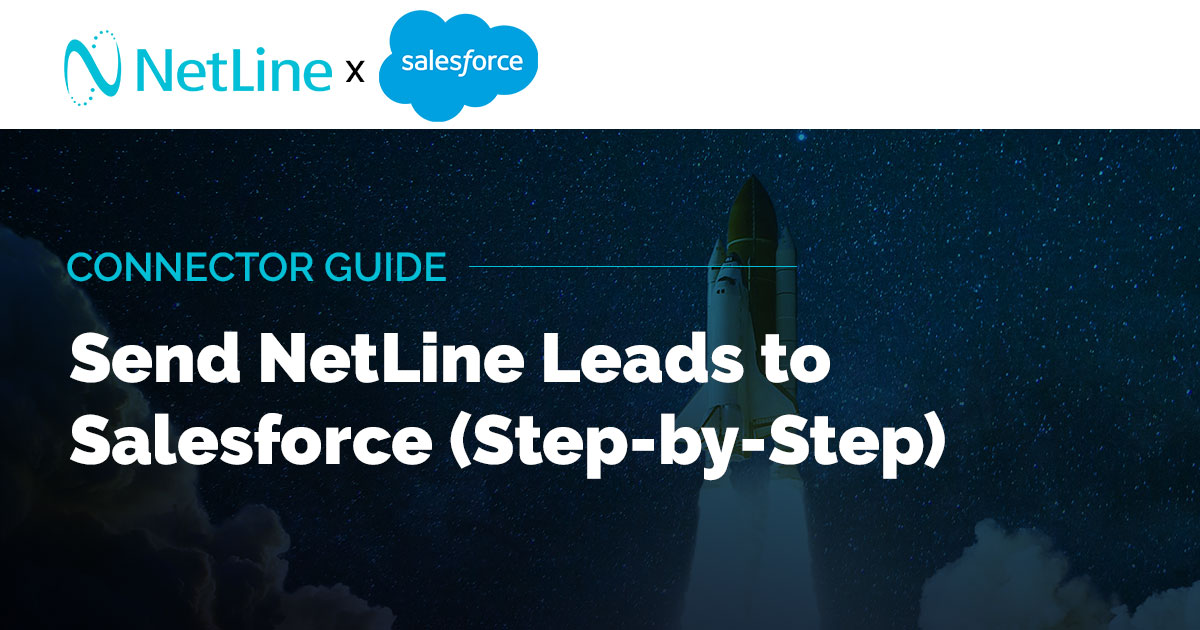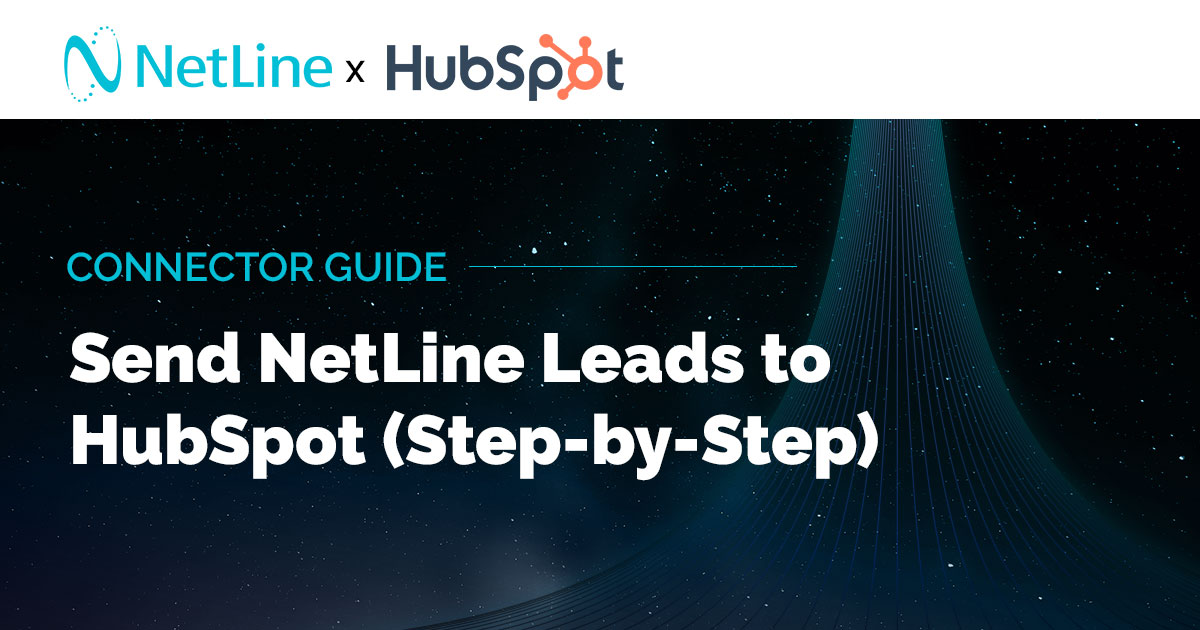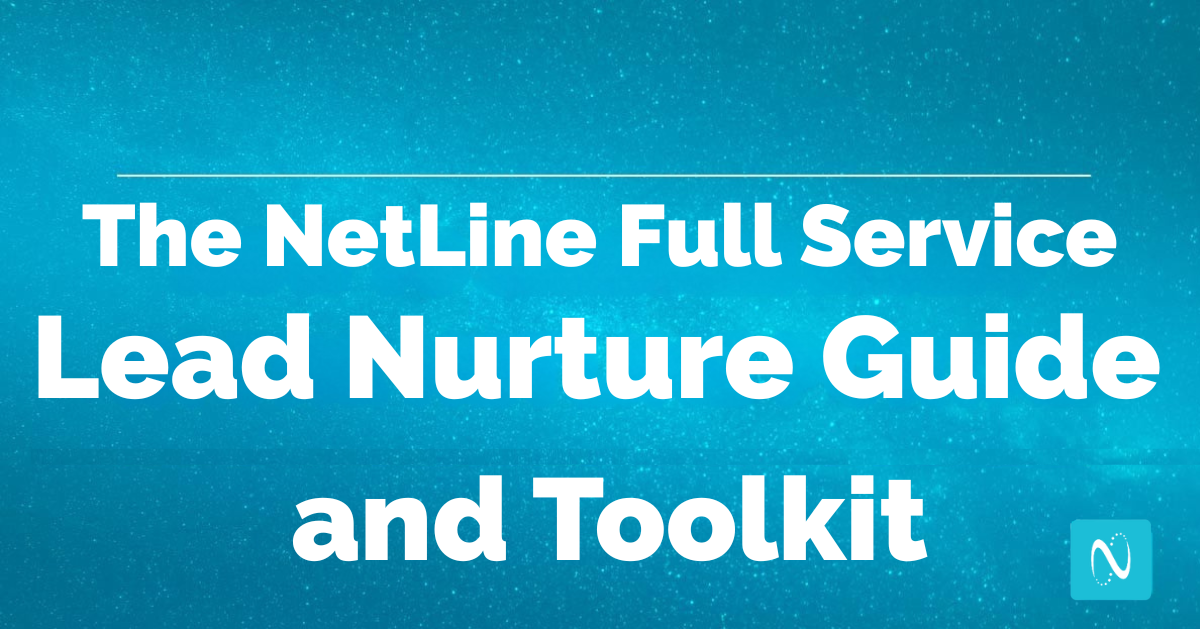Marketers are always churning out new ideas, creating new things, experimenting with different approaches, and studying the best ways to empathize with and engage their target buyer. With all this creation and energy, Marketers like to move fast and want everyone to be just as excited about their objectives as they are. Of course, there’s a bit of an issue with that: everyone’s not always on board with these “crazy” ideas.
In marketing, we know that it is our responsibility to drive the business forward with ideas and strategies that engage externally. But what about inside our organization? Do we need to engage them, too? Of course we do.
Regardless of where we work and which industry we call home, we are always going to encounter cynics and have to withstand the not-so-well-hidden eye rolls from critics. Convincing the cynics that our work is valuable and viable is crucial to creating a cohesive buyer experience. When everyone is on the same page and bought in, things operate smoothly.
To make sure every non-marketer you work with has a better idea of just what in the heck you’re talking about, we teamed up with our friends at Follow Your Buyer to create a new resource, A Content Marketing Cheat Sheet for Non-Marketers.
Here’s how it can help you share your knowledge with your colleagues.
>>Download your copy of A Content Marketing Cheat Sheet for Non-Marketers now!
How to Sell Company Cynics on Content Marketing
Depending on how long you’ve been working in content marketing, you’ve likely heard each of these questions about a dozen times each year:
- “How much is this going to cost?”
- “Why do we need to do content marketing?”
- “How long will this take until we start seeing leads?”
Sales teams and executives who aren’t as well-versed in the fundamentals of content marketing can find themselves lost. No matter how involved you need our colleagues to be in your content strategy, it’s your responsibility to educate them.
Remember: anything that you can quantify in terms of revenue and how a certain practice can grow your company’s customer base is language that any professional (especially executives) can understand.
Commonly Used Terms Non-Marketers Should Know

Photo by Joshua Hoehne on Unsplash
B2B marketers (and marketers in general) have a bad habit: we tend to speak in abbreviations and jargon around those who don’t speak our language. It’s easy to get caught up in our own little bubbles complete with our own shorthand, just like we do with our friends. But no one likes to be left out — especially at work.
Simply put, we can’t assume that our colleagues outside of the marketing department know what every term we throw around in Zooms and emails means or how it works. Just because we’re so familiar with it doesn’t mean our teammates do.
By combining crucial key terms most commonly used in content marketing and the most frequently asked questions non-marketers have, this resource will help you break it down your marketing mission to sales reps and executive team members. For example, here’s some of what your colleagues will find inside A Content Marketing Cheat Sheet for Non-Marketers:
Terms
Content Marketing
The process for developing, executing, and delivering the content and related assets that are needed to create, nurture, and grow a company’s customer base.
Engagement
This is very different from a lead. There are many ways buyers can interact with content. We can measure clicks, views, opens, shares, and downloads. When a buyer interacts with content, that does not necessarily make that buyer a lead.
Buyer’s Journey
Business buyers don’t just wake up one day and decide to purchase something – they go through a journey of several steps to get there. From not knowing they have a problem, to deciding how to solve it, your buyers are on a journey, and you need to go on it with them.
FAQs
How much is this going to cost?
It won’t be cheap, not if we want it to work and not if we want to get good data and accurate contact information for the buyers who engage with our content. But remember, trade shows aren’t cheap either, especially once you factor in the travel, the booth itself, shipping fees, time away from the office, etc.
How will we measure ROI?
We’ll need to get on the same page about how we are going to define goals, and from there, we can start to measure ROI. Whether you want to measure the number of meetings, closed deals, or the number of qualified leads, content can help us in many ways. Attribution can be tricky with content marketing, but if sales and marketing can keep an open line of communication about engagement activity, we can then work together to determine ROI.
These are just a few examples of what you can expect to find this resource. So before you schedule your next meeting or before you send that one big-time email that you’ve been crafting for weeks, make sure your colleagues know the basics and have had a chance to review the FAQs so that they fully grasp your content marketing goals and strategies.
Special thanks to Follow Your Buyer for partnering with us on this excellent cheat sheet.
>>Download your copy of A Content Marketing Cheat Sheet for Non-Marketers now!

